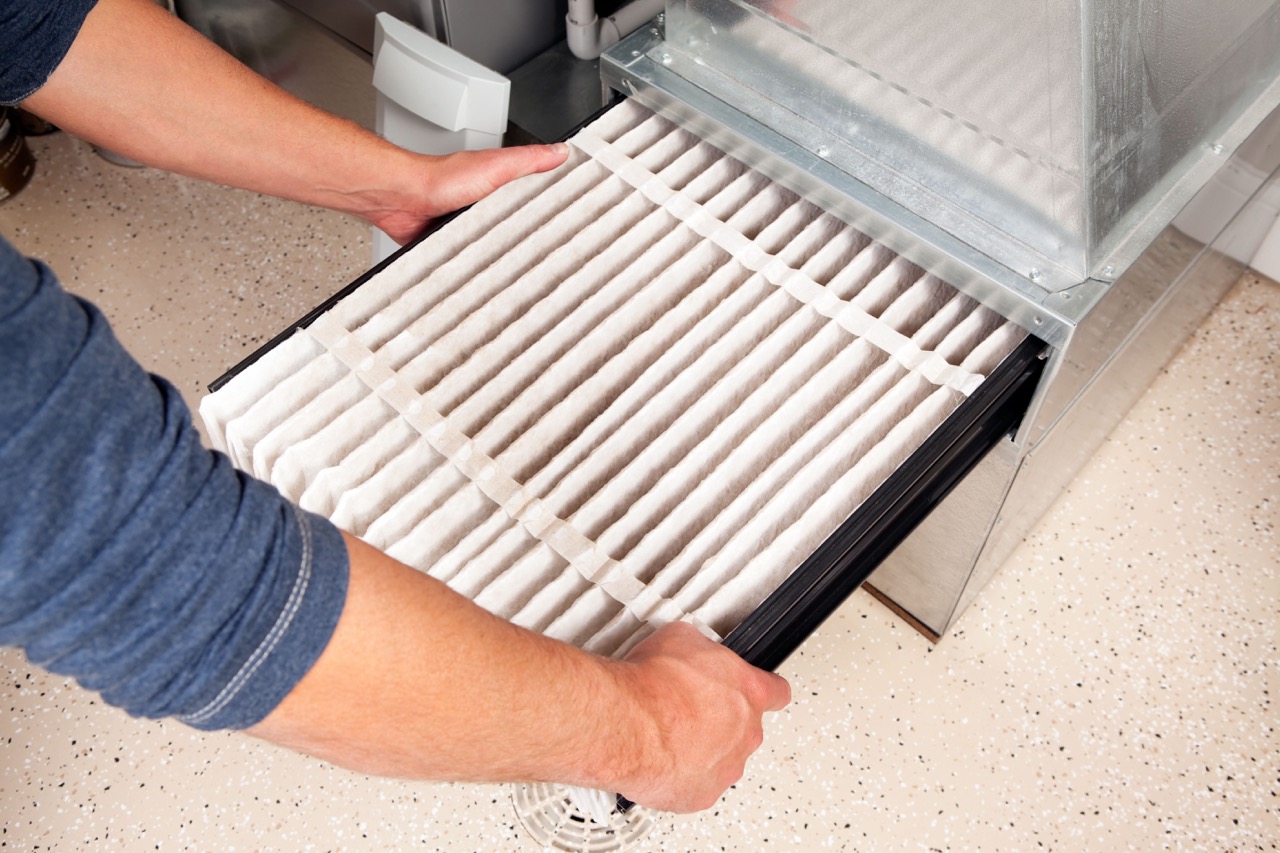

Articles
How Much Are HVAC Filters
Modified: January 8, 2024
Find out how much HVAC filters cost and get tips for choosing the right one in our informative articles.
(Many of the links in this article redirect to a specific reviewed product. Your purchase of these products through affiliate links helps to generate commission for Storables.com, at no extra cost. Learn more)
Introduction
Welcome to our comprehensive article on HVAC filters and their cost. When it comes to maintaining a comfortable and healthy indoor environment, HVAC (Heating, Ventilation, and Air Conditioning) systems play a crucial role. These systems not only regulate the temperature but also filter out impurities from the air, improving indoor air quality.
One of the key components of an HVAC system is the HVAC filter. HVAC filters are designed to capture dust, pollen, pet dander, and other airborne particles, preventing them from circulating throughout your home or office. These filters play a vital role in ensuring the efficiency, performance, and longevity of your HVAC system.
In this article, we will delve into the world of HVAC filters, exploring their various types, the factors to consider when choosing them, the average cost of HVAC filters, and ways to save money in the process. By the end of this article, you will have a comprehensive understanding of HVAC filters and their associated costs.
Whether you are a homeowner looking to replace your HVAC filter or a business owner considering the cost implications of maintaining a commercial HVAC system, this article will provide you with the necessary information to make informed decisions.
So, let’s jump right in and explore the wonderful world of HVAC filters and how much they cost.
Key Takeaways:
- HVAC filters are crucial for maintaining indoor air quality, protecting system components, and improving energy efficiency. Consider factors like filtration efficiency, size, and budget when choosing the right filter for your space.
- While HVAC filter prices vary based on type, size, and features, you can save money by buying in bulk, comparing prices, and opting for washable filters. Prioritize regular maintenance to ensure optimal filter performance and system efficiency.
Read more: How To Clean HVAC Filter
What is an HVAC Filter?
An HVAC filter is a device that is inserted into the air intake of an HVAC system to trap dust, dirt, allergens, and other airborne particles. It acts as a barrier, preventing these contaminants from entering the system and circulating throughout the indoor space. HVAC filters are made of various materials, including fiberglass, pleated paper, polyester, and electrostatic filters.
The primary function of an HVAC filter is to improve indoor air quality by removing pollutants and allergens. This is especially important for individuals with allergies, asthma, or respiratory conditions, as a high-quality filter can significantly reduce their exposure to triggers. Additionally, HVAC filters help maintain the cleanliness of the HVAC system’s components, such as coils and fans, by preventing the build-up of dirt and debris.
HVAC filters come in different sizes and ratings. The size of the filter corresponds to the dimensions of the filter slot in the HVAC system, ensuring a proper fit. The rating of the filter refers to its efficiency in capturing particles of different sizes. Filters with higher ratings, such as MERV (Minimum Efficiency Reporting Value) 11 or 13, can capture smaller particles and provide better air filtration.
It’s important to regularly replace HVAC filters to maintain their effectiveness. Over time, filters get clogged with captured particles, which restricts airflow and reduces the efficiency of the HVAC system. Depending on various factors, such as the quality of the filter and the air pollution levels in the area, filters may need to be replaced every one to three months.
In the next section, we will discuss the importance of HVAC filters and why they are essential for maintaining a healthy and comfortable indoor environment.
Importance of HVAC Filters
HVAC filters play a crucial role in maintaining a healthy and comfortable indoor environment. Here are some key reasons why HVAC filters are important:
- Improved Indoor Air Quality: HVAC filters are designed to remove airborne particles such as dust, pollen, pet dander, mold spores, and bacteria. By trapping these pollutants, filters help prevent them from circulating in the air, reducing the risk of respiratory issues and allergies.
- Protection for HVAC System Components: HVAC filters prevent dust and debris from accumulating on the system’s components, such as coils and fans. This helps to maintain the efficiency and longevity of the system, reducing the need for costly repairs and replacements.
- Energy Efficiency: A clean HVAC filter allows for proper airflow, which helps the system function more efficiently. When the system doesn’t have to work as hard to push air through a clogged filter, it consumes less energy, resulting in lower utility bills.
- Reduced Maintenance: Regularly replacing HVAC filters can minimize the amount of dirt and debris that enters the system, reducing the need for frequent cleaning and maintenance. This translates to less time, effort, and money spent on maintaining the HVAC system.
- Occupant Comfort: Clean and filtered air creates a more comfortable indoor environment. By removing pollutants and odors, HVAC filters contribute to a fresher, healthier, and more pleasant atmosphere inside homes, offices, and commercial spaces.
- Extended Lifespan of Furnace and Air Conditioner: An HVAC system with a clean filter operates more efficiently, reducing the strain on the system. This can extend the lifespan of the furnace and air conditioner, saving homeowners and businesses money in the long run.
Given the importance of HVAC filters, it is crucial to select the right type of filter for your specific needs. In the next section, we will explore the different types of HVAC filters available in the market.
Types of HVAC Filters
There are various types of HVAC filters available on the market, each with its own characteristics, efficiency ratings, and maintenance requirements. Here are some of the most common types of HVAC filters:
- Fiberglass Filters: Fiberglass filters are the most basic and budget-friendly option. They are constructed using spun fiberglass material and typically have a MERV rating between 1 and 4. While they are capable of capturing larger dust particles, fiberglass filters are not as effective in removing smaller particles or allergens.
- Pleated Filters: Pleated filters are made of polyester or cotton media folded in a pleated pattern. They offer a larger surface area for trapping particles and provide better filtration than fiberglass filters. Pleated filters are available in various MERV ratings, typically ranging from 5 to 13, allowing for better air purification.
- High-Efficiency Particulate Air (HEPA) Filters: HEPA filters are known for their high efficiency in capturing microscopic particles. These filters are capable of trapping 99.97% of particles as small as 0.3 microns in size. Due to their exceptional performance, HEPA filters are commonly used in environments where clean air is critical, such as hospitals or laboratories. However, not all HVAC systems are compatible with HEPA filters, as they require powerful fans to push air through the dense filter material.
- Electrostatic Filters: Electrostatic filters use an electrostatic charge to attract and capture particles. They can be either washable or disposable. Washable electrostatic filters have a reusable filter media that can be washed and reused multiple times. Disposable electrostatic filters are designed to be replaced regularly. These filters are effective at capturing smaller particles and can have a MERV rating ranging from 8 to 12.
- Activated Carbon Filters: Activated carbon filters are designed to remove odors, gases, and volatile organic compounds (VOCs) from the air. They contain a layer of activated carbon, which chemically adsorbs these pollutants. These filters are commonly used in environments where chemicals or smoke are present, such as nail salons or smoking rooms. However, they are not effective in capturing particles or allergens and should be used in combination with other filters.
When choosing an HVAC filter, consider factors such as air quality needs, budget, and compatibility with your HVAC system. In the next section, we will discuss the factors to consider when choosing HVAC filters.
Factors to Consider When Choosing HVAC Filters
Choosing the right HVAC filter for your system requires careful consideration of several factors. Here are some key factors to keep in mind:
- Filtration Efficiency: Consider the level of filtration efficiency you need. This is determined by the filter’s MERV rating. Higher MERV ratings indicate better filtration of smaller particles. However, it’s important to note that higher MERV filters may also restrict airflow, so make sure your HVAC system can handle the chosen filter’s rating.
- Air Quality Needs: Assess the air quality needs of your space. If you have allergies or asthma, you may need a filter with a higher MERV rating to capture more allergens. However, for environments without specific air quality concerns, a filter with a lower MERV rating may be sufficient.
- Filter Longevity: Consider how long the filter will last before needing replacement. Some filters have longer lifespans and can be a cost-effective option if you don’t want to replace them frequently. However, keep in mind that filters with longer lifespans may also accumulate more dirt and need more maintenance.
- Filter Size: Ensure you choose a filter that fits your HVAC system correctly. Check the dimensions of your filter slot and select a filter that matches those dimensions. An ill-fitting filter will not provide efficient filtration and may allow particles to bypass the filter.
- Budget: Consider your budget when choosing an HVAC filter. Higher efficiency filters, such as HEPA filters, tend to be more expensive than basic fiberglass filters. However, investing in a higher-quality filter can provide better air quality and potentially save money on energy costs in the long run.
- Compatibility: Check the compatibility of the filter with your HVAC system. Certain HVAC systems require specific types or sizes of filters. Refer to the manufacturer’s recommendations or consult with an HVAC professional to ensure you choose a filter that is compatible with your system.
By considering these factors, you can choose an HVAC filter that best suits your specific needs and ensures optimal filtration performance. In the next section, we will explore the average cost of HVAC filters and the factors that can affect their prices.
Regularly changing your HVAC filters can improve air quality, reduce energy costs, and extend the lifespan of your system. Check the manufacturer’s recommendations for the appropriate filter and change it every 1-3 months.
Read more: How To Measure HVAC Filter
Average Cost of HVAC Filters
The cost of HVAC filters can vary depending on several factors, including the type of filter, its size, and its filtration efficiency. On average, HVAC filters can range in price from $5 to $30 per filter. However, it’s important to note that prices can be higher for specialized or high-efficiency filters.
Basic fiberglass filters are typically the least expensive option, with prices ranging from $5 to $10 per filter. These filters are readily available and are suitable for those on a tight budget or with minimal air quality concerns. Pleated filters, which offer better filtration and a longer lifespan, can cost between $10 and $20 per filter.
High-efficiency filters, such as HEPA filters or electrostatic filters with higher MERV ratings, are generally more expensive. HEPA filters, known for their exceptional filtration capabilities, can range from $20 to $30 or more per filter. Electrostatic filters, depending on their MERV rating and washable or disposable nature, can cost around $15 to $25 per filter.
It’s worth mentioning that the cost of HVAC filters can also vary based on the size needed for your specific HVAC system. Filters come in various sizes, such as 16×20, 20×25, or 24×24 inches, among others. Before purchasing a filter, make sure to measure your existing filter or consult your HVAC system’s manual to determine the correct size.
Keep in mind that while the initial cost of HVAC filters may seem relatively low, it’s important to factor in the ongoing cost of regular replacements. Depending on factors such as air pollution levels, occupancy of the space, and the filter’s recommended lifespan, you may need to replace filters every one to three months. Therefore, consider the long-term cost of filter replacements when budgeting for HVAC maintenance.
In the next section, we will discuss the factors that can affect the prices of HVAC filters.
Factors that Affect HVAC Filter Prices
Several factors can influence the prices of HVAC filters. Understanding these factors can help you make an informed decision when purchasing filters. Here are the key factors that affect HVAC filter prices:
- Filter Type: Different types of HVAC filters have varying costs. Basic fiberglass filters are the least expensive, while high-efficiency filters such as HEPA filters or electrostatic filters with higher MERV ratings are generally more expensive.
- Filtration Efficiency: Filters with higher MERV ratings and superior filtration capabilities tend to be pricier. These filters are designed to capture smaller particles and provide better air purification.
- Filter Size: The size of the filter can also impact its price. Standard sizes, such as 16×20 or 20×25 inches, tend to be more affordable due to their popularity and availability. Filters that require custom sizes may be more expensive to produce and may have higher price tags.
- Special Features: Some HVAC filters come with additional features that can affect their price. For instance, filters with antimicrobial coatings or those with activated carbon for odor removal may have higher costs compared to basic filters.
- Brand: Brand reputation can influence the price of HVAC filters. Filters from well-known and trusted brands may be priced higher due to their perceived quality and reliability. However, it’s worth noting that there are also reputable budget-friendly brands that offer reliable filters at more affordable prices.
- Quantity: Purchasing filters in bulk or in larger quantities can often lead to discounted prices. Many manufacturers or retailers offer multi-packs or subscription services that provide cost savings when buying filters in larger quantities.
- Availability: The availability of certain filters can affect their prices. Filters that are in high demand or are less commonly found may have higher price points compared to more readily available options.
It’s important to consider these factors when choosing HVAC filters to ensure that you get the right balance between quality and affordability. While budget is a significant consideration, it’s also essential to prioritize the filtration needs of your specific space and the long-term performance and efficiency of your HVAC system.
In the next section, we will provide some tips for saving money on HVAC filters without compromising on their quality or effectiveness.
Tips for Saving Money on HVAC Filters
When it comes to HVAC filters, there are several ways to save money without compromising on their quality and performance. Here are some helpful tips for saving money on HVAC filters:
- Buy in Bulk: Purchasing filters in bulk or larger quantities can often lead to cost savings. Look for multi-pack options or consider joining a subscription service that offers discounted rates when buying filters in larger quantities.
- Compare Prices: Take the time to compare prices from different manufacturers or retailers. Prices can vary significantly, so shopping around can help you find the best deals without sacrificing quality.
- Consider Generic or Budget-Friendly Brands: While brand reputation can impact the price of HVAC filters, there are many generic or budget-friendly brands that offer reliable and efficient filters at more affordable prices. Don’t overlook these options when looking for cost-effective solutions.
- Opt for Washable Filters: Consider using washable filters instead of disposable ones. Washable filters are typically more expensive upfront, but they can be reused multiple times, saving you money in the long run.
- Maintain Cleanliness: Regularly clean and maintain your HVAC system to ensure optimal filter performance. By keeping the system clean and free of debris, you can extend the lifespan of your filters, reducing the need for frequent replacements.
- Stay on Schedule: Follow the recommended filter replacement schedule. Not replacing filters on time can lead to decreased system efficiency and potentially costly repairs. By replacing filters as recommended, you can avoid additional expenses down the line.
- Look for Sales and Promotions: Keep an eye out for sales, promotions, or discounts offered by manufacturers or retailers. These deals can provide significant savings when purchasing HVAC filters.
- Consider Filter Ratings: Assess the air quality needs of your space and choose filters with appropriate MERV ratings. Higher MERV-rated filters tend to be more expensive but may not be necessary for spaces without specific air quality concerns. Analyze your needs and choose filters accordingly.
By implementing these money-saving tips, you can effectively manage your HVAC filter expenses while ensuring that you maintain a clean and healthy indoor environment.
Now that you have a good understanding of HVAC filters, their importance, average costs, and money-saving tips, you are well-equipped to make informed decisions when it comes to maintaining your HVAC system. In the concluding section, we will wrap up the key points discussed in this article.
Conclusion
In conclusion, HVAC filters are an essential component of maintaining a healthy, comfortable, and efficient indoor environment. They play a crucial role in improving indoor air quality by trapping dust, allergens, and other pollutants. HVAC filters also protect the HVAC system components from dirt and debris, promoting efficient operation and extended lifespan.
When choosing HVAC filters, consider factors such as filtration efficiency, air quality needs, filter longevity, size compatibility, and budget. There are various types of filters available, including fiberglass filters, pleated filters, HEPA filters, electrostatic filters, and activated carbon filters, each with its own benefits and price ranges.
The average cost of HVAC filters varies depending on the type, size, and filtration efficiency. Basic filters such as fiberglass filters are typically more affordable, while high-efficiency filters like HEPA filters tend to be more expensive. It’s important to factor in the long-term cost of filter replacements when budgeting for HVAC maintenance.
Factors that can affect HVAC filter prices include filter type, filtration efficiency, size, special features, brand, quantity purchased, and availability. By considering these factors and implementing money-saving tips, such as buying in bulk, comparing prices, opting for washable filters, and staying on schedule with filter replacements, you can save money without compromising on the quality of your HVAC filters.
Remember, maintaining clean and efficient HVAC filters is vital for the overall performance of your HVAC system and the quality of your indoor air. Regularly replacing filters, cleaning the system, and following manufacturer’s recommendations will ensure optimal filtration and energy efficiency.
We hope this comprehensive article has provided you with valuable insights into HVAC filters and their associated costs. By applying the knowledge gained, you can make informed decisions when it comes to choosing, maintaining, and budgeting for your HVAC filters.
Thank you for reading, and may your HVAC system continue to provide you with comfort and clean air!
Frequently Asked Questions about How Much Are HVAC Filters
Was this page helpful?
At Storables.com, we guarantee accurate and reliable information. Our content, validated by Expert Board Contributors, is crafted following stringent Editorial Policies. We're committed to providing you with well-researched, expert-backed insights for all your informational needs.
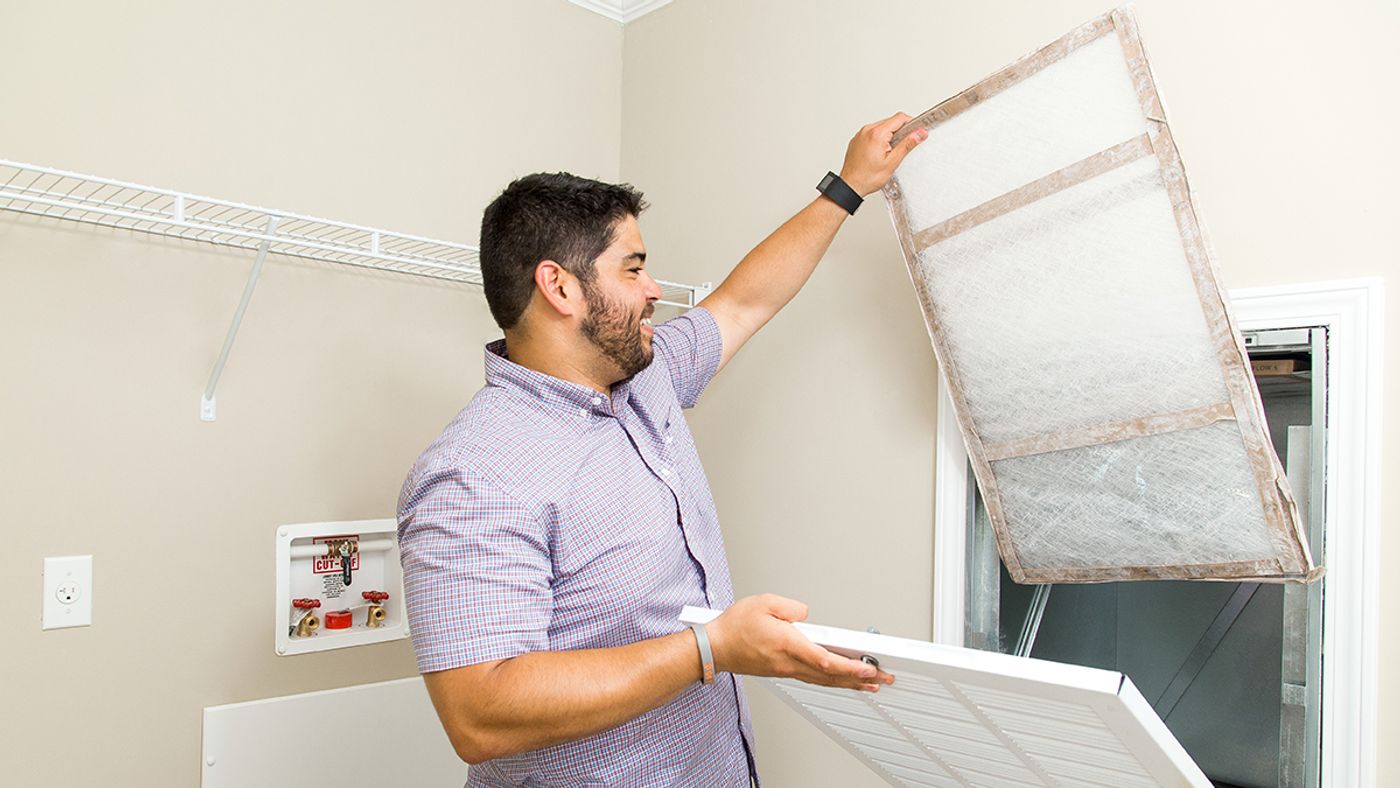
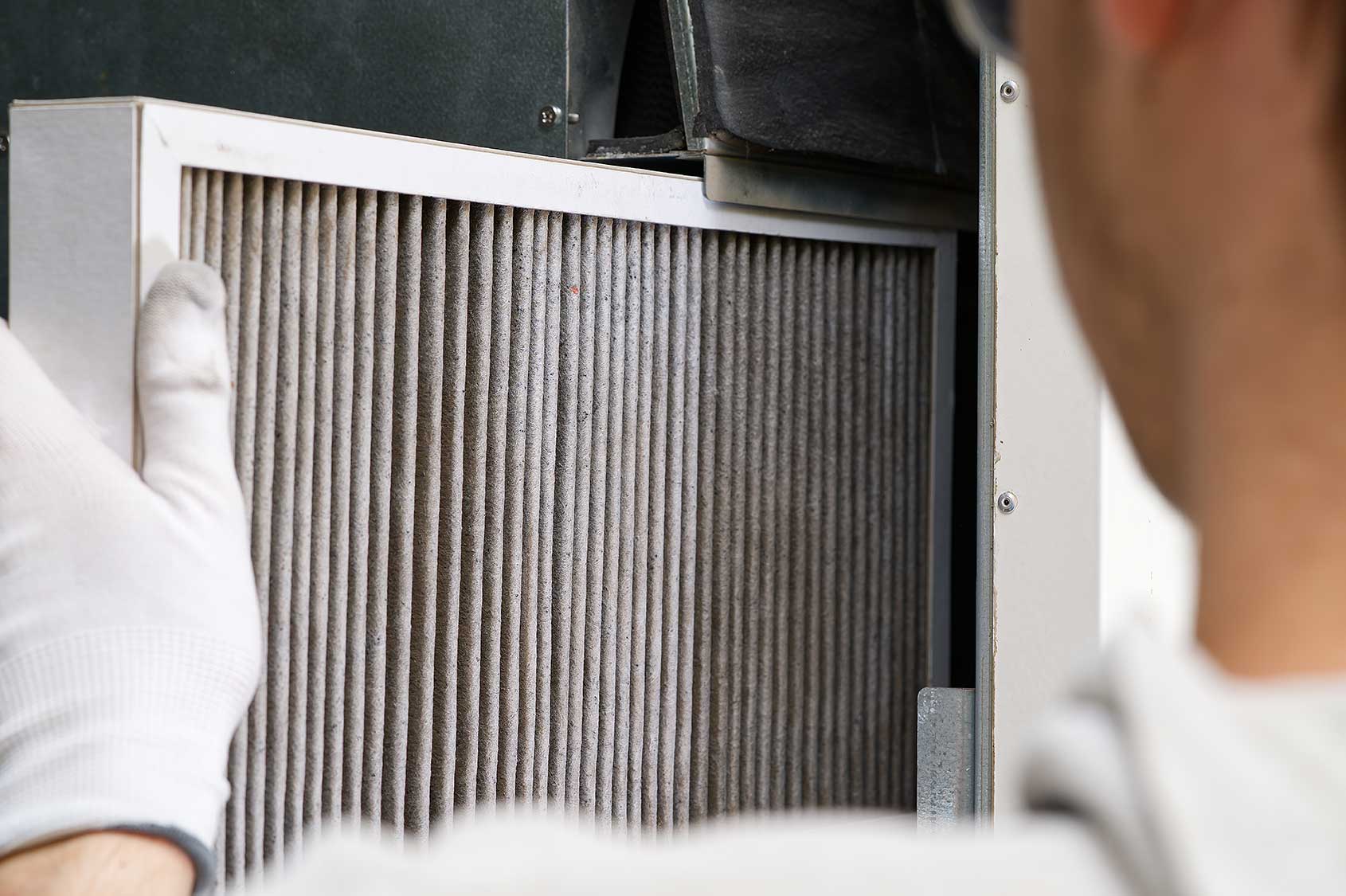
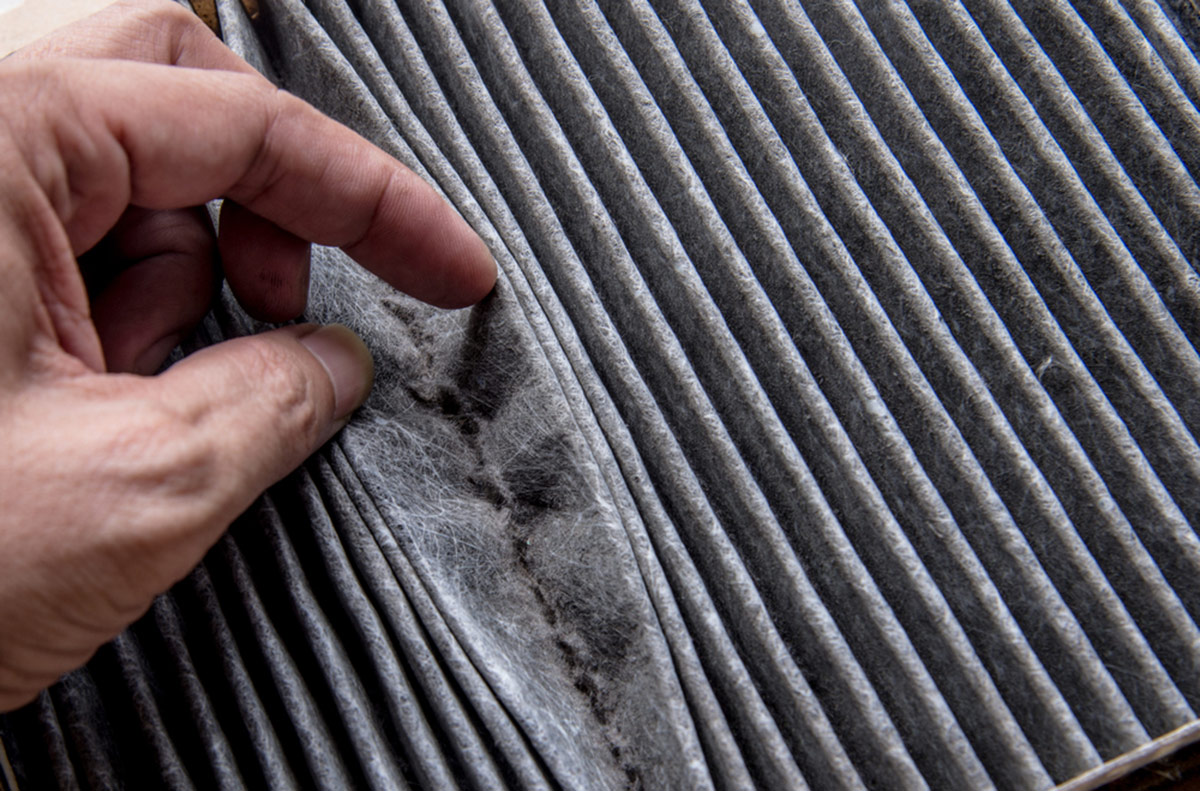
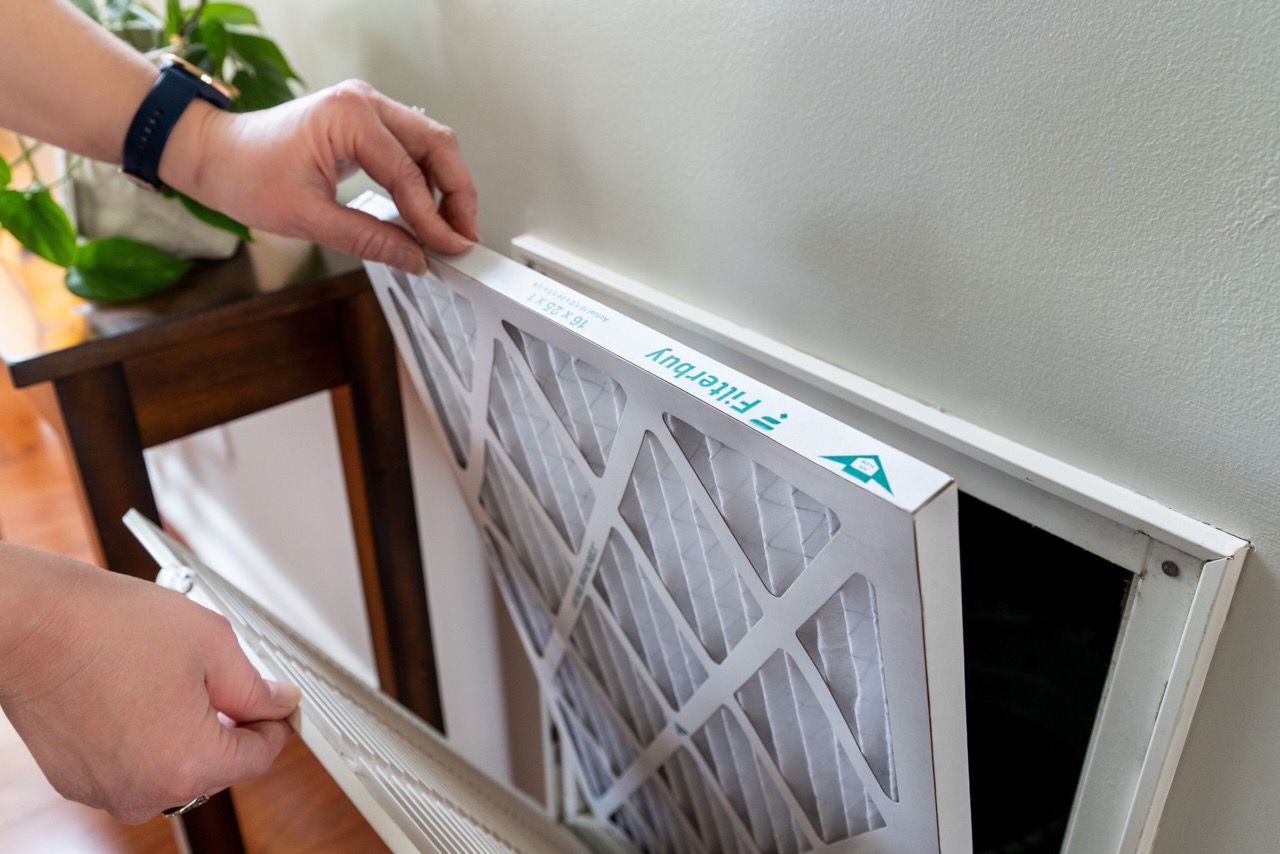
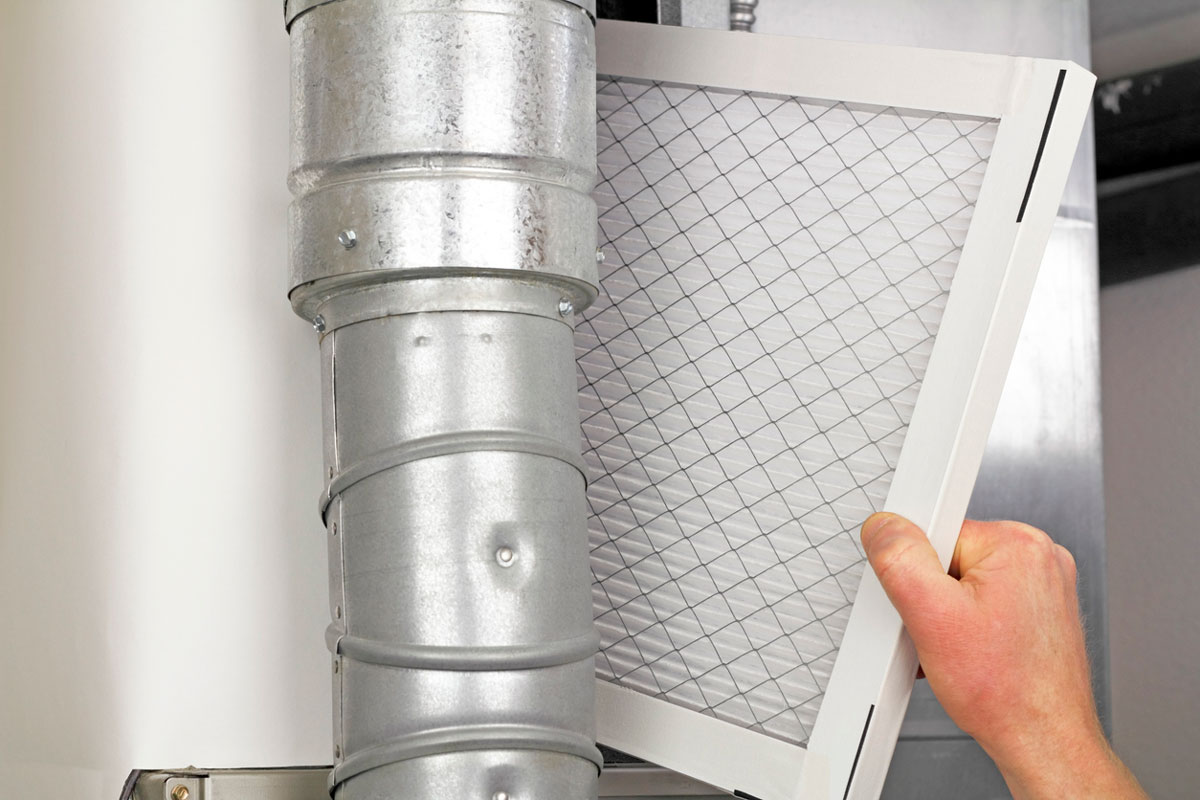
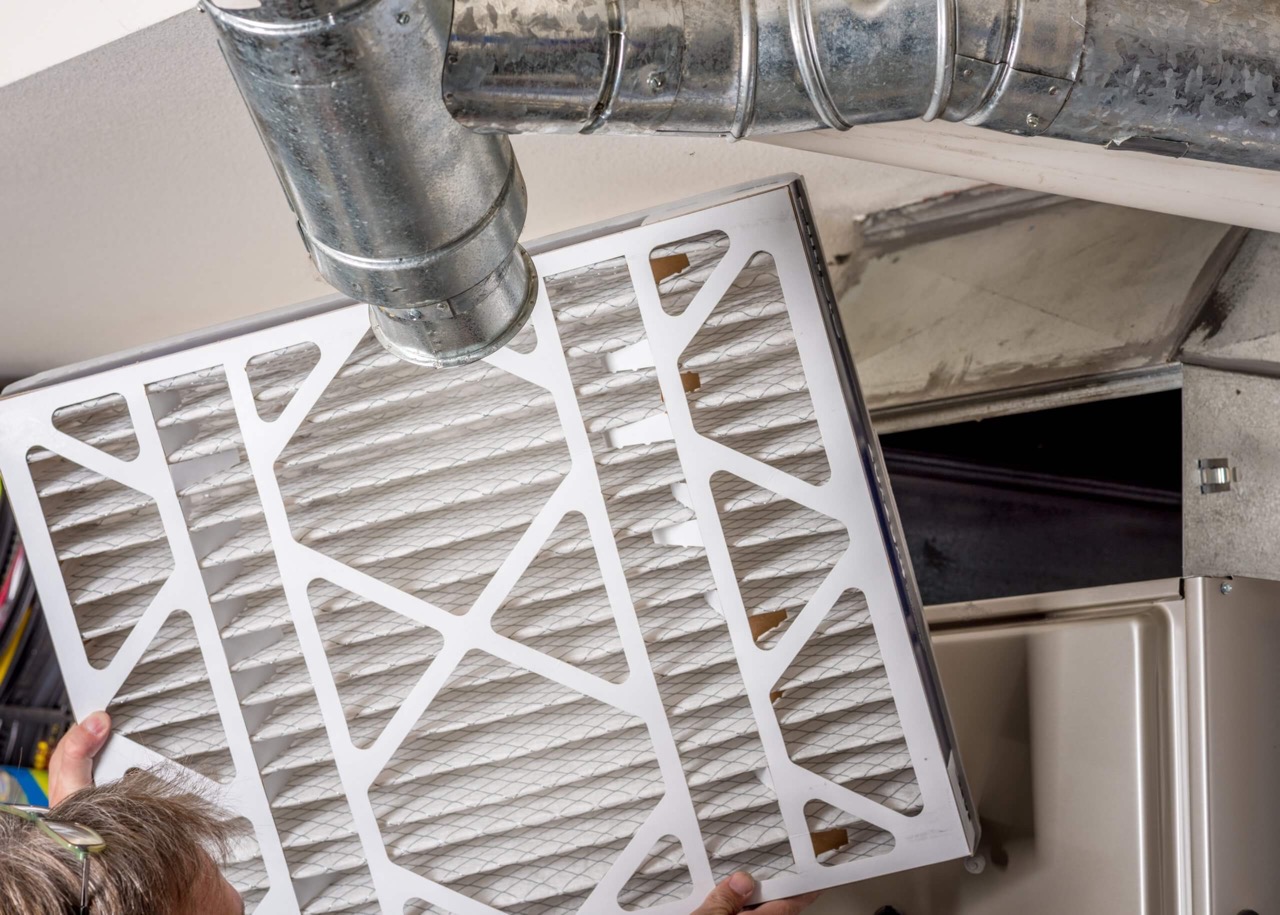
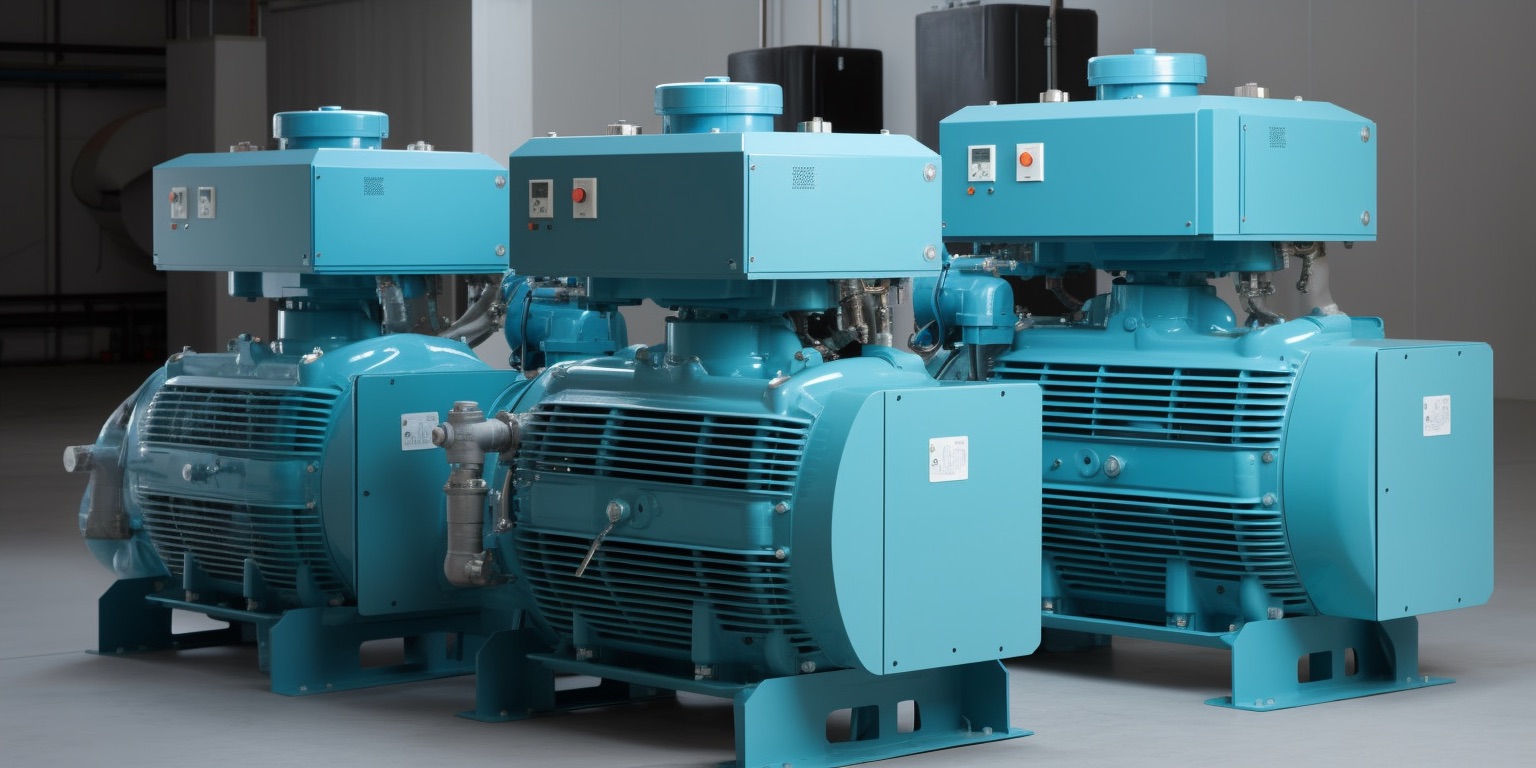
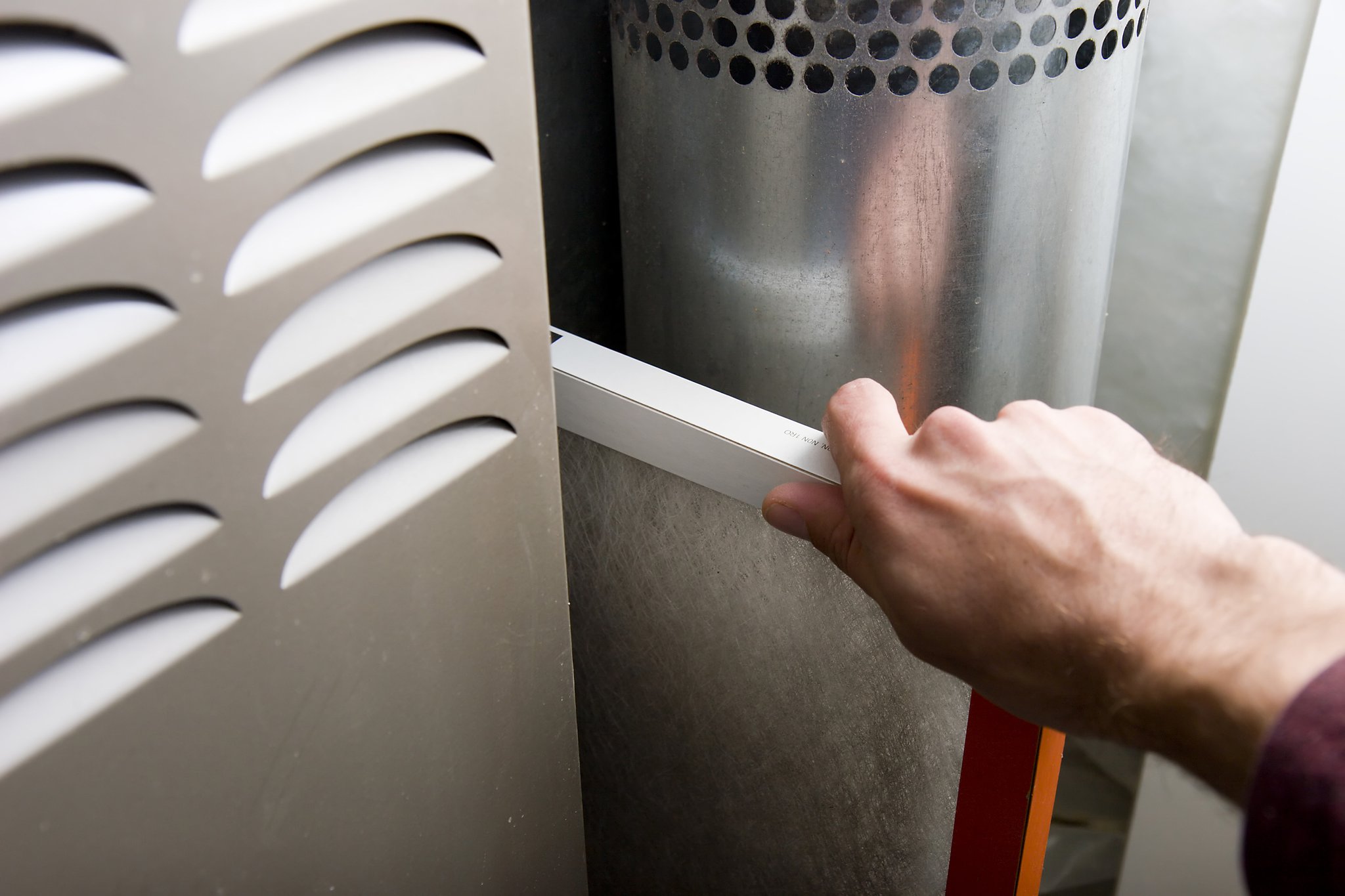
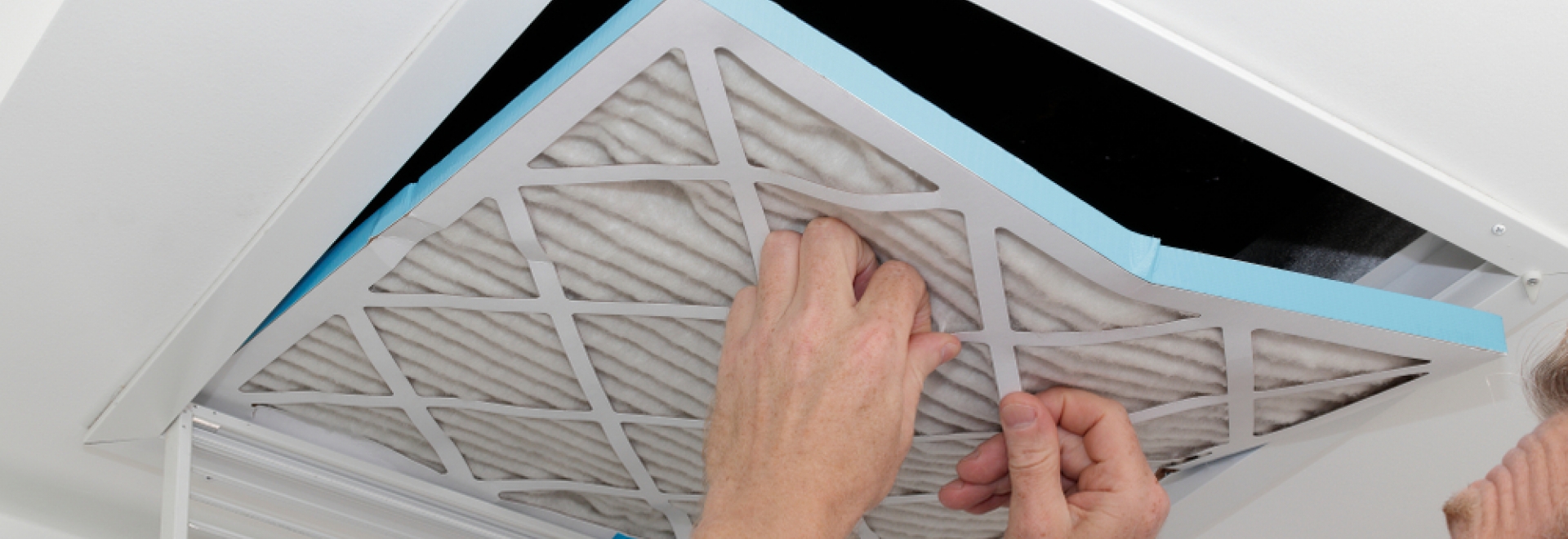
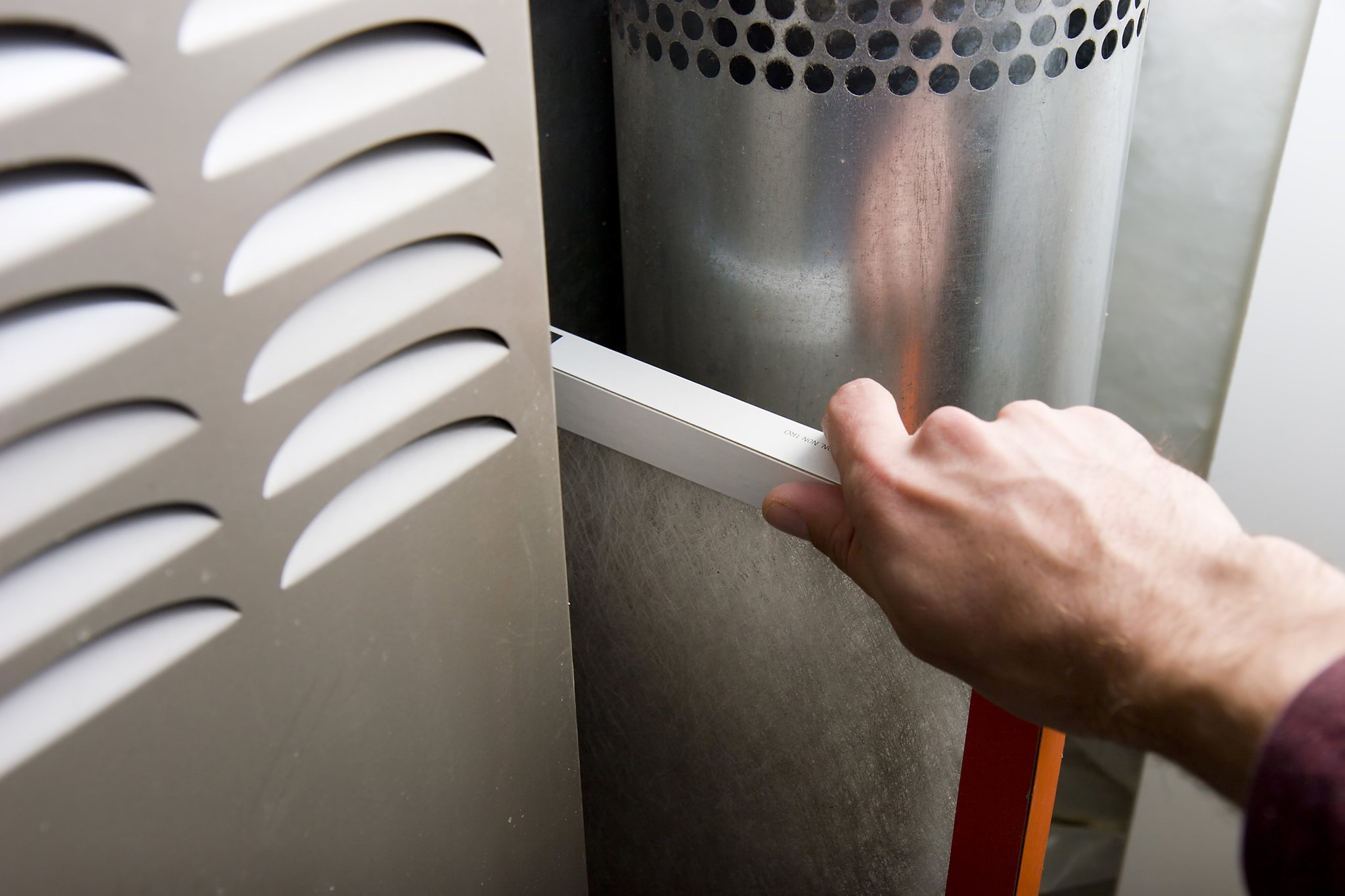
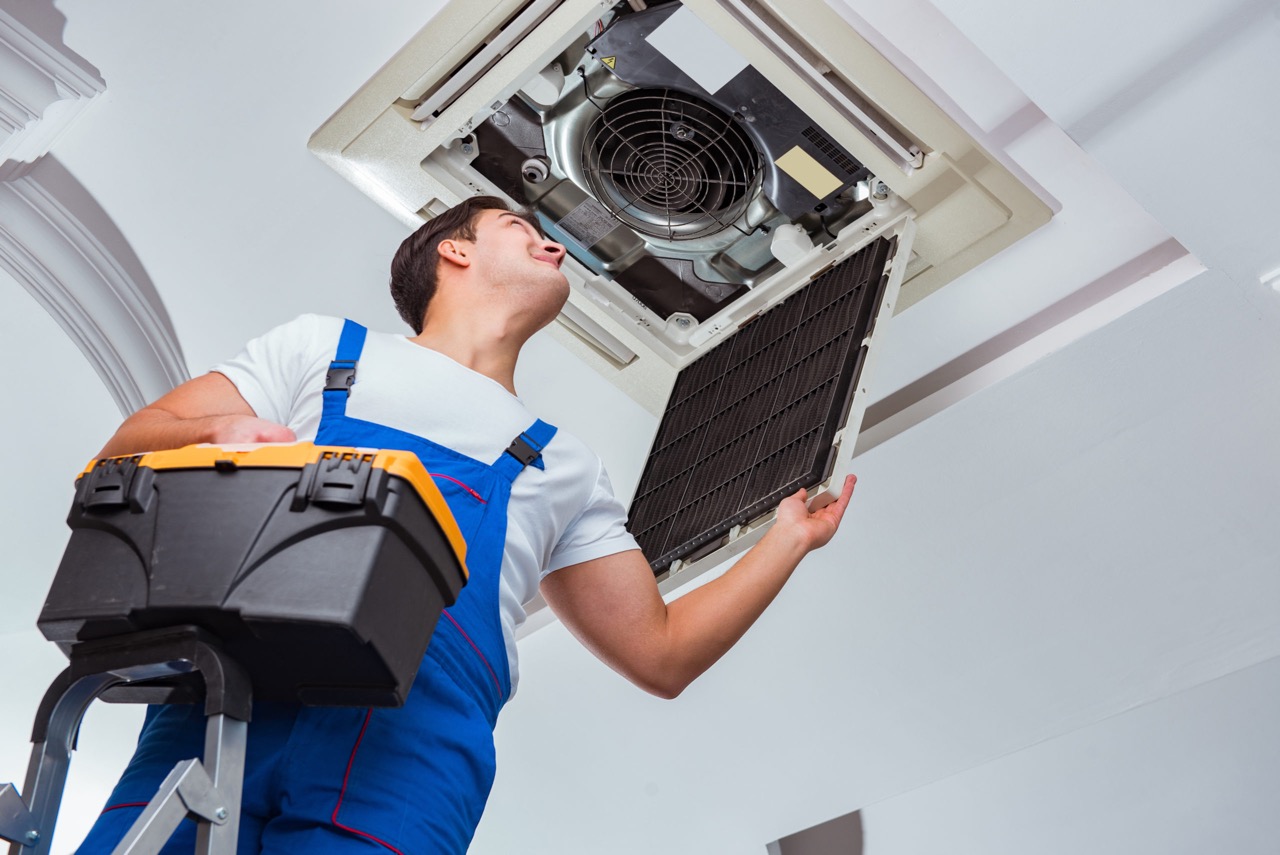
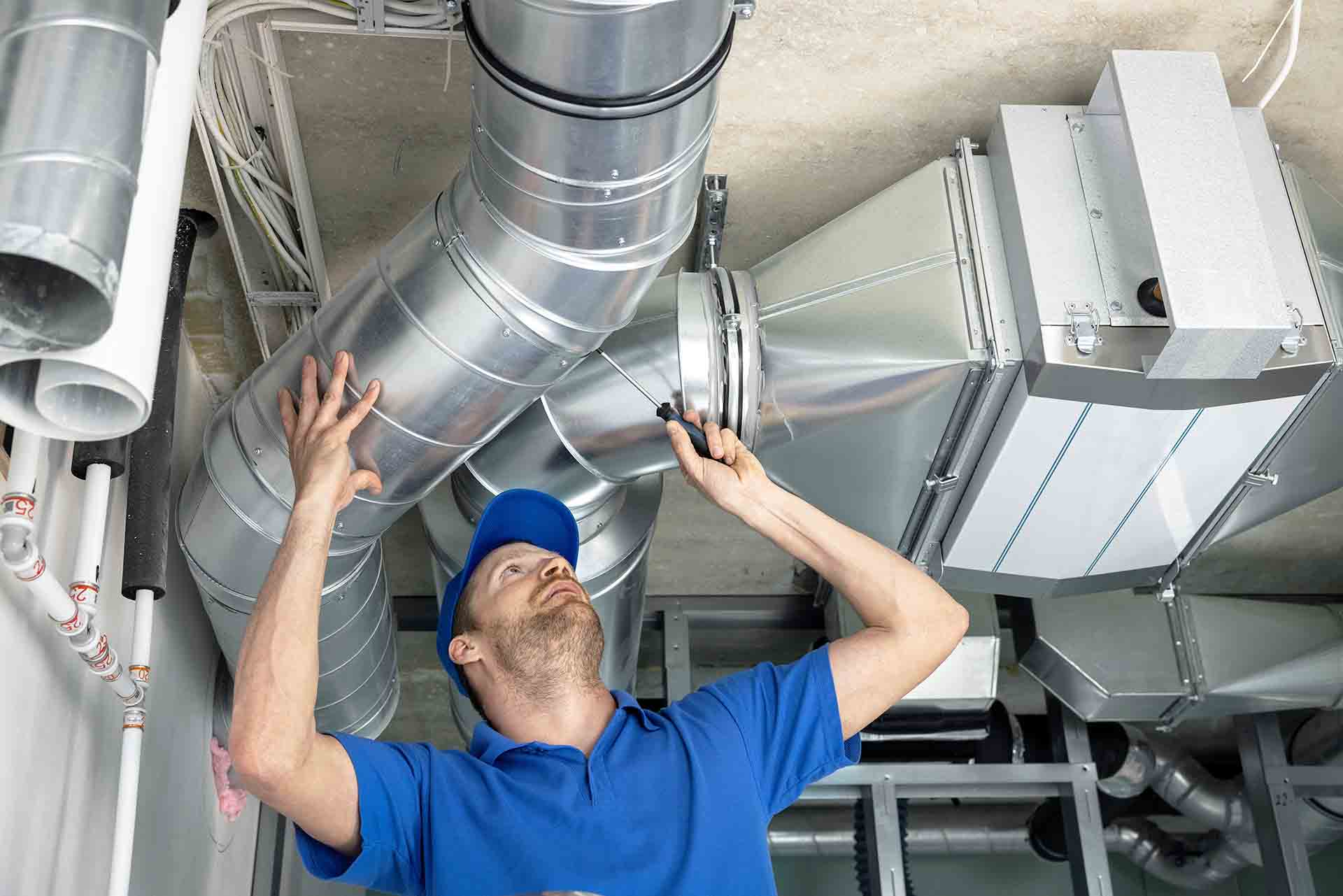
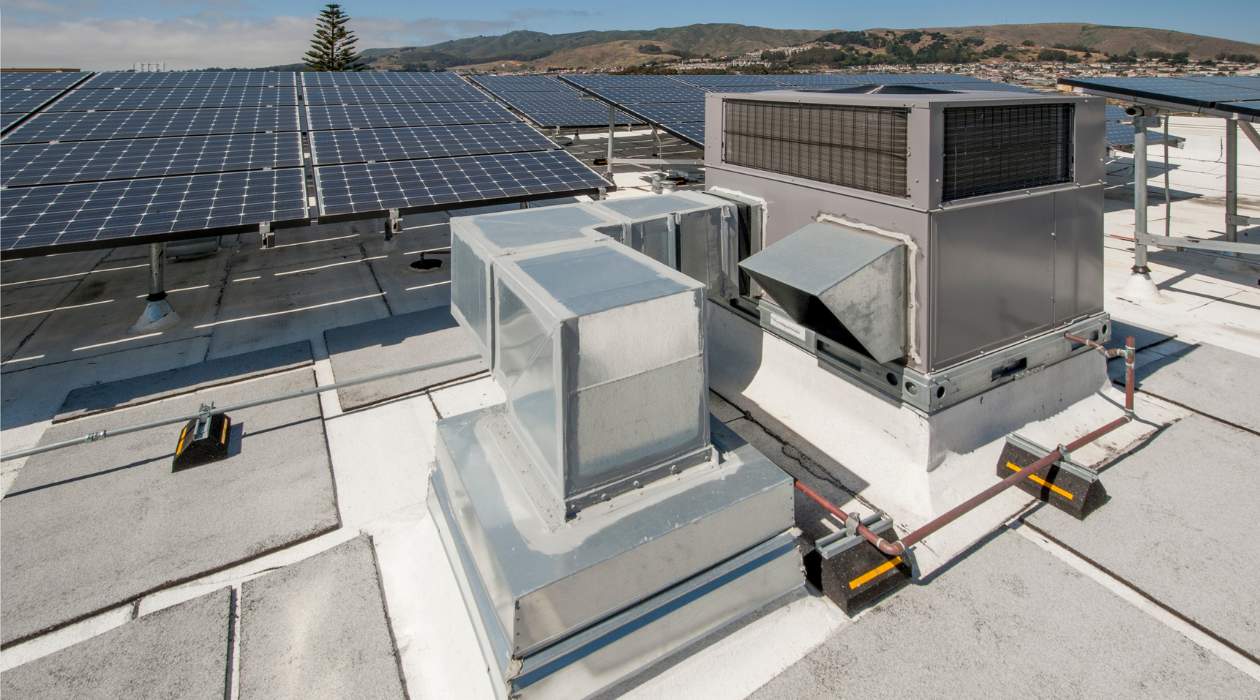
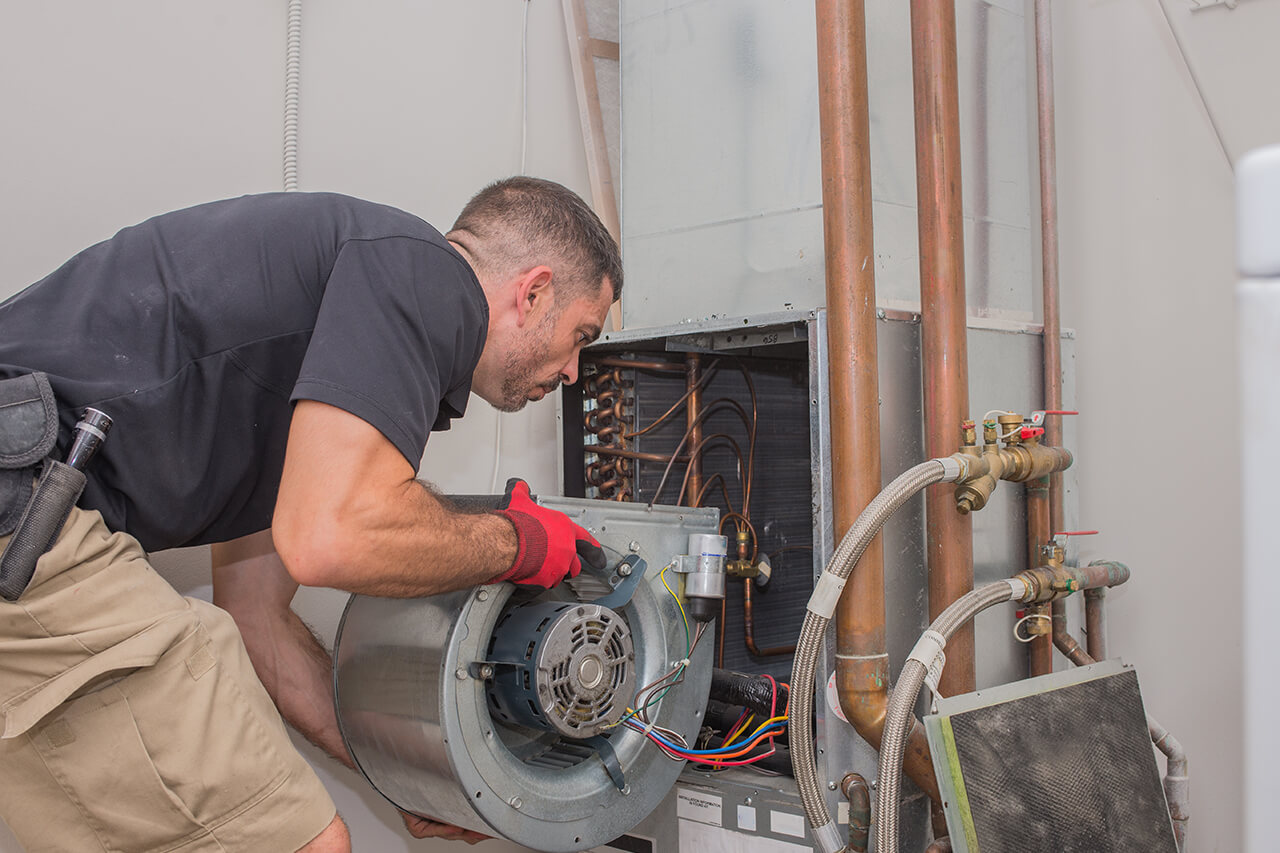

0 thoughts on “How Much Are HVAC Filters”